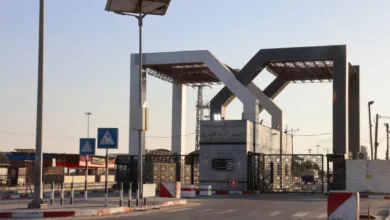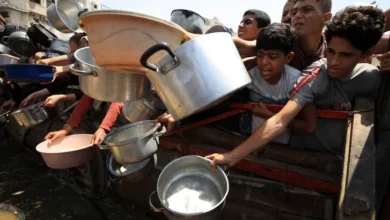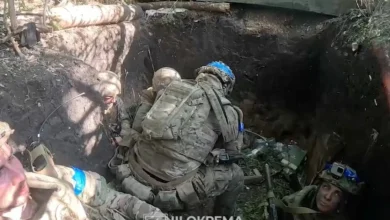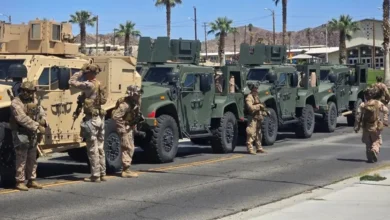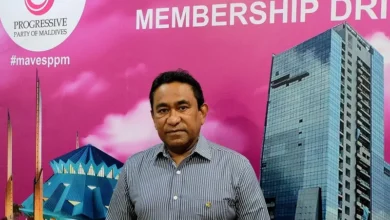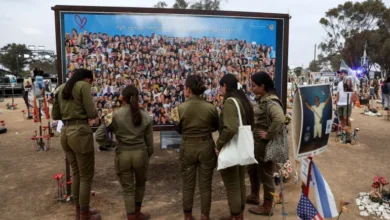Families of Indians duped into Russia’s war hope Modi will bring them home
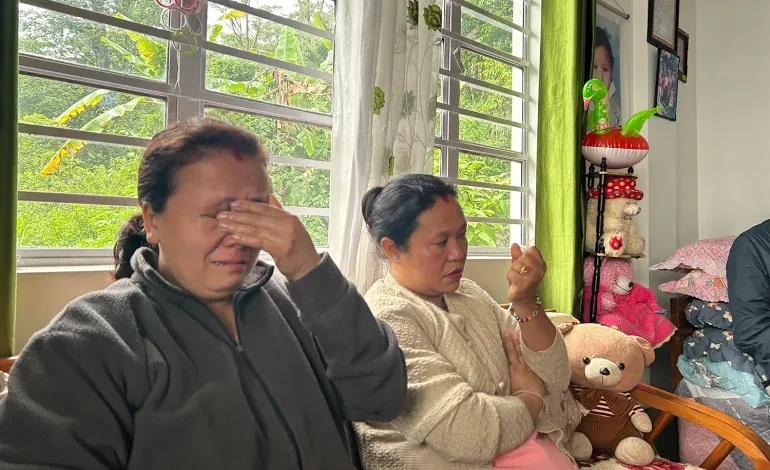
Ambika Tamang was never sold on her husband Urgen Tamang’s plan to move to Russia for a better-paying job amid the country’s war on Ukraine.
But she could not do much given his insistence, she said, and bid a rushed goodbye to him on January 18 this year.
“It was needed for our family,” Ambika, 44, told Al Jazeera at her home in Kalimpong, a picturesque town nestled in the Neora Valley of the Himalayas in eastern India’s West Bengal state. “Our daughters’ upbringing needed that money.”
That need had Urgen working as a private security guard in the western state of Gujarat, about 2,270km (1,410 miles) away from home. And that was what made him move to Russia, Ambika said, after paying an agent 600,000 Indian rupees ($7,180) from the family’s savings.
Urgen had never been to a foreign land before. Two weeks in, he found himself on the bloody front lines of Russia’s continuing war on Ukraine.
The Tamang family felt duped. Thousands of miles away from the war front, Ambika keeps a close tab on the foreign conflict.
“He never wanted to do this. This is not our war,” she told Al Jazeera. “I fear for his safe return.”
Like the Tamangs, nearly 50 Indian families are in limbo after their relatives were duped into fighting for Russia on the front lines with Ukraine. At least four such recruits have died while hopes of the safe return of others had remained feeble. Until now.
Indian Prime Minister Narendra Modi’s first visit to Moscow since the war broke out more than two years ago looks set to secure the release of dozens of men, who were duped by agents offering jobs and allegedly recruited by the Russian military.
Modi met Russian President Vladimir Putin for dinner on Monday night and is reported to have raised the issue of the return of Indians fighting in Russia with him.
‘Trapped in the dreams’
Since Urgen’s time in the army as a havaldar, the Indian military’s equivalent to a sergeant, and later as a private guard in Gujarat, Ambika said she got used to living at home with their two daughters, aged 8 and 12.
“When he told me two weeks before leaving that he was planning to go to Russia, I refused to approve because we would be left all alone here. And it is a foreign land,” she said. “But he was just trapped in the dreams shown by the agent. He just wanted to leave in a hurry.”
After Urgen reached Russia, he stayed in contact for a week on audio calls. Then radio silence for two weeks, she said, before he somehow managed to reach out through an unstable internet call on March 22, alerting Ambika to look for his video on YouTube.
“I am badly trapped here, please evacuate me,” Tamang says in the video, addressing the Indian government authorities. “I have been duped by the agent … please save me.”
Since then, Ambika says, the days have gone past anxiously. Urgen still manages to connect with her rarely, keeping the audio notes on WhatsApp brief, assuring her that he is well, updating her about their battalion’s position, often a cry for help, and sometimes, a promise from his wife that she is taking care of herself.
Diplomatic efforts
The return of several men, who alleged that they were duped by false promises of jobs into working for the Russian army, has been a matter of longstanding diplomatic efforts by India.
The issue was also raised by India’s Foreign Minister S Jaishankar during his meeting with his Russian counterpart Sergey Lavrov at the Shanghai Cooperation Organisation summit in Astana last month.
The issue was initially raised by Asaduddin Owaisi, a member of parliament from Hyderabad city in southern India, after several families from his constituency reached out to him. The foreign ministry said nearly 10 individuals who got in touch with the Indian embassy in Moscow had returned home following an intervention by the Kremlin.
Similar recruits have also been duped from neighbouring countries of Nepal, Sri Lanka, and China to fight Russia’s war on the front lines. Like India, the Nepal government has also reportedly made requests to the Kremlin for the return of their citizens deputed to the warzones.
